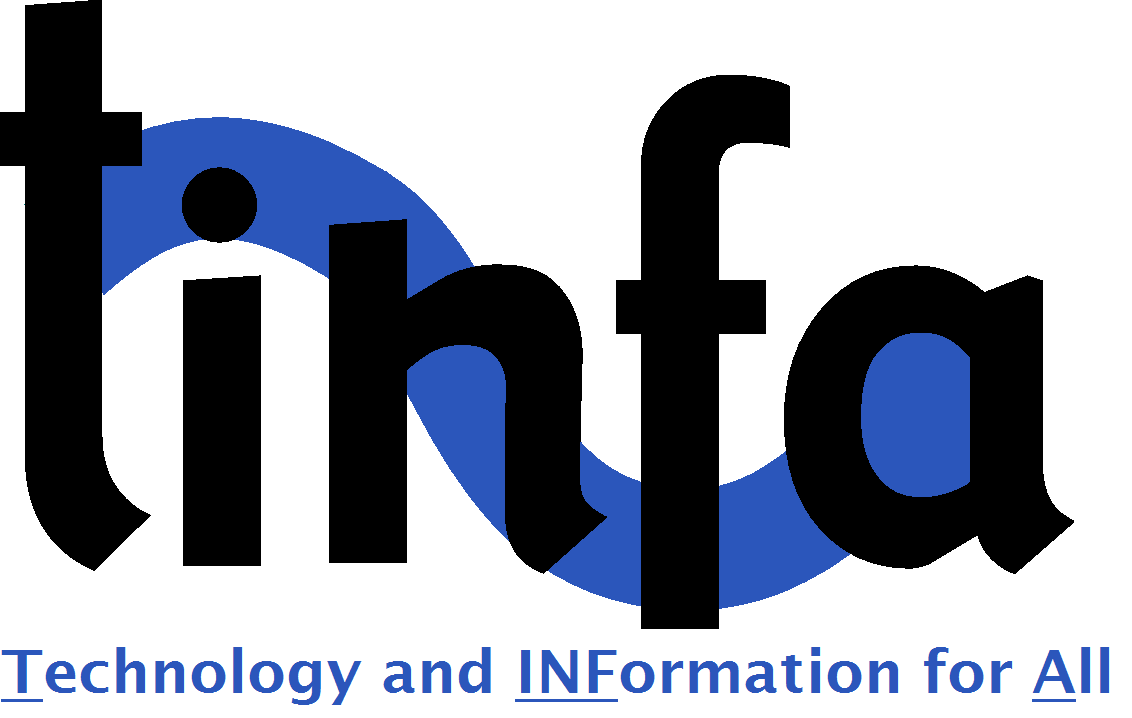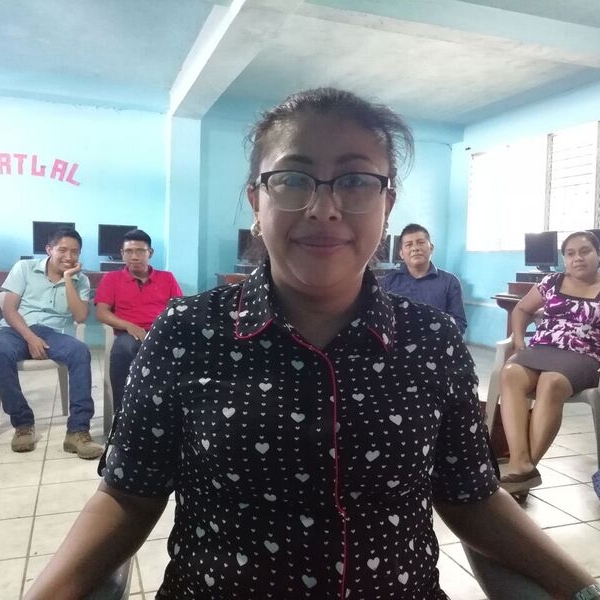TINFA’s annual fundraising dinner is upon us. We will be gathering as a community to dine and to learn about a key element of TINFA’s success: the teachers with whom we partner. The teachers are such a central part of the program. They are the inspiration to the students, they are teaching by example, learning new tools and techniques and exploring the possibilities.
One of the teachers that you will see featured virtually at the dinner, is Nancy. Nancy is a 5th grade teacher at the school “Recuerdo De Perez” and has been a part of the program for 1 year. She is one of 12 teachers serving over 350 students at Recuerdo de Perez and has seen a huge difference in the way that her students engage in class.
I asked her what she considered to be the biggest benefit of partnering with TINFA. She was very grateful and said that simply having the technology had made a big difference to the teachers, the school, and the kids. The teachers use a schedule to rotate every class in the “aula virtual” or the tech hub where the laptop, projector, and connection are being setup. The kids are excited and happy to show-off as kids do, when it’s their scheduled turn in the “aula”.
Nancy’s exposure to technology was limited to a desktop computer she had briefly used. With the help of facilitators at the tech workshops she committed to attend twice a month, she has learned to use tools on the laptop that facilitate her teaching and motivate her students. Instead of doing everything the traditional way with teachers at the front equipped with screechy chalkboards and dusty erasers while the kids sit back, the program has enabled a more interactive exchange. PowerPoint has been used to create fun slides and teach in a different way in which students can go up to the laptop to reveal answers or perform activities. Because teachers from neighboring schools meet twice a month for classes, they build a support system among themselves. They get creative, share materials and ideas in direct relationship with the curriculum, and organize them in repositories.
Something that stuck out to me in my conversation with Nancy was that although they have only had the equipment for a short time, she has noticed that the kids are missing school less frequently. Some kids work to help support their families. In September, it is a time to harvest sesame and maiz. Despite being tired from work, kids are still coming to school and are excited to learn. When they do need to miss a class, instead of just being absent, they are letting the teachers know what is going on. The kids that can’t make it are not missing class because they want to, rather because they have to.
A laptop, a projector, an internet connection and some training may not seem much to us now. These tools are virtually in each and every classroom and are so common that it is nothing out of the ordinary. But to schools like Recuerdo De Perez in rural Guatemala, this technology has made a difference in a significant way. Education is a powerful instrument, when paired with technology it creates opportunities to expand and continue nurturing knowledge.

